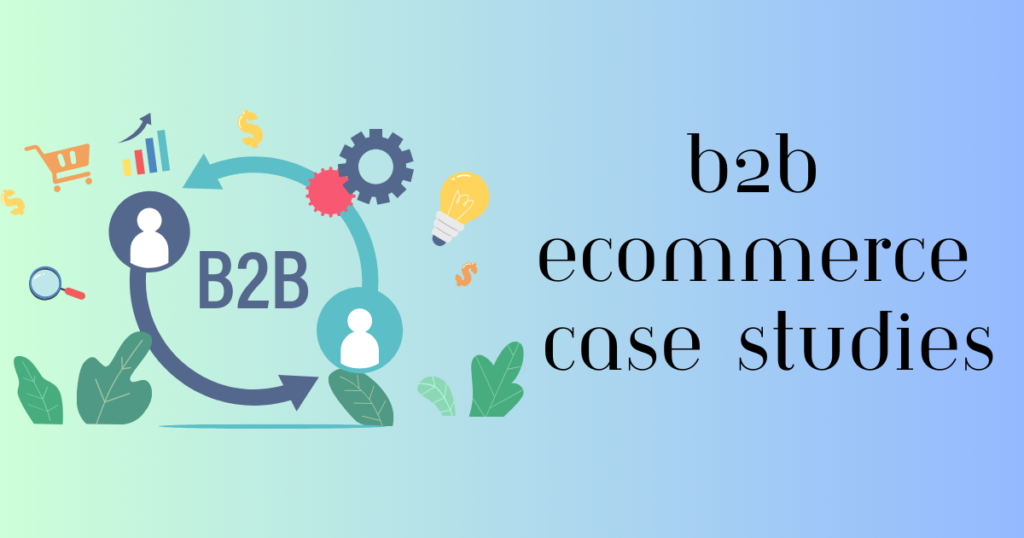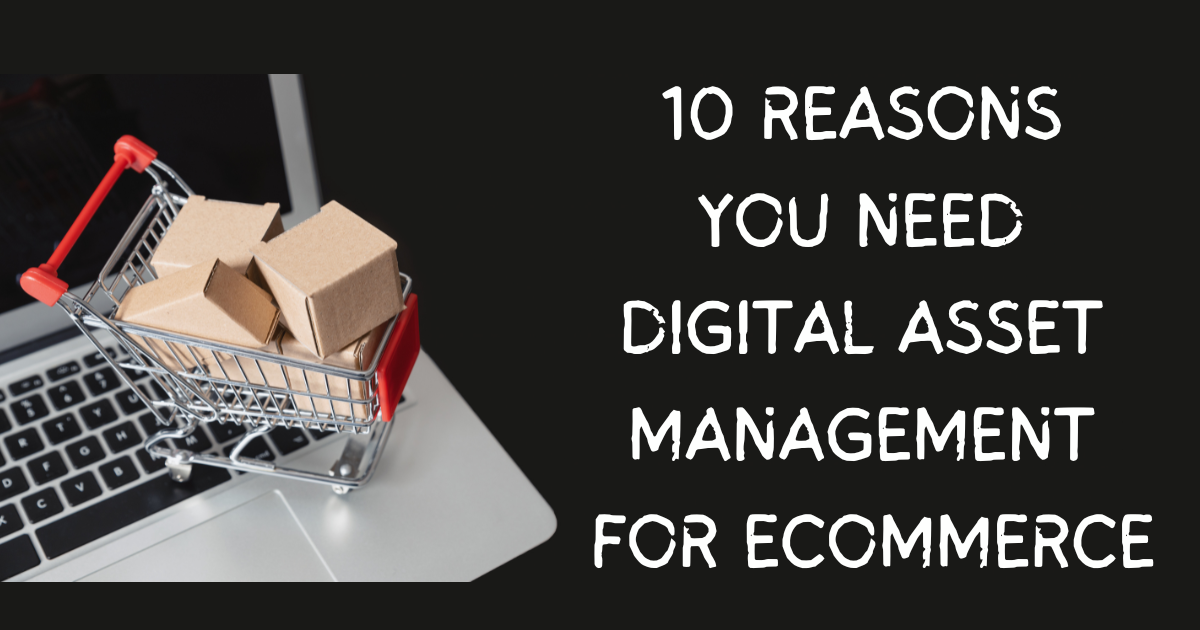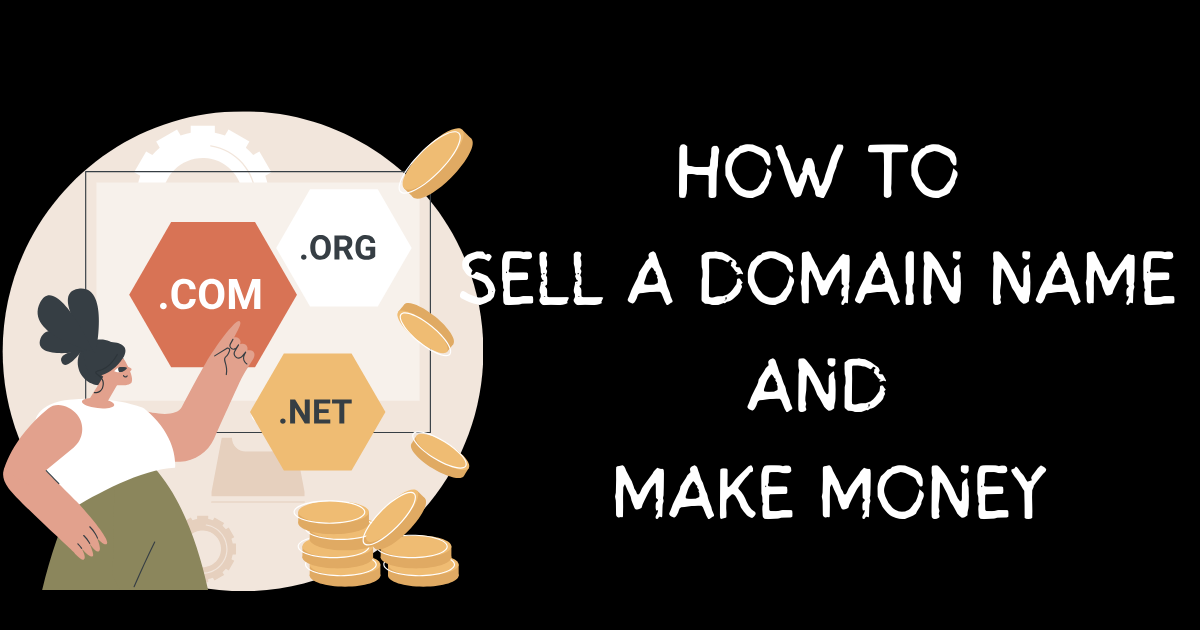The business world today has seen B2B ecommerce change the entire market. In case you are a newbie and you are confused about what exactly B2B ecommerce is, and why it matters, it involves selling online. It is basically where businesses buy/sell goods and services to each other online.
It is similar to having an online store where companies can browse, buy, and manage their transactions conveniently. This can happen anytime and from anywhere in the world.
Now, consider the possibilities when we explore the success stories behind B2B ecommerce. I am talking about the wins, challenges, and lessons learned. That is what this post is all about.
In this post, we are going deep into B2B ecommerce case studies to dig out real-life success stories. These stories will inspire, inform, and spark possibilities in you.
We will learn how they overcame obstacles and achieved remarkable growth. So, basically, these stories display the transformative power of B2B ecommerce in today’s digital world.
So, if you are ready to write your own ecommerce success story, grab a seat. Let’s inspire you as we share the secrets behind some of the most successful B2B ecommerce businesses out there.
5 Benefits of B2B Ecommerce Operation

Before we get into some B2B success stories, let’s see why businesses may choose to run a B2B ecommerce operation.
1. Digital store.
Your store exists online with an ecommerce platform. There’s no constraint for a physical business space.
Your kind of business operation may require you to consider warehouse storage for your stock. But you can use a means like dropshipping to run a business without owning any stock at all.
2. Profit margins.
An ecommerce store helps you avoid some key expenses. Expenses like acquiring a shop floor, warehouse, or hiring staff.
A reduced overhead cost improves the potential for higher profits. This will enable you to keep a more significant percentage of your sales totals.
3. Scalability.
B2B platforms have the growth potential. By embracing new technologies, like cloud computing, you can expand your business accessibility globally. This automatically boosts the potential for your business growth.
4. Customer base.
Once your B2B ecommerce platform reaches a global audience, you can exponentially increase your customer base size. This greatly increases the chance of higher profits.
5. Analytics.
Integrating customer data software can help you to watch and store valuable customer data. So you can use the data to make proper decisions in the future.
3 B2B ecommerce Inspiring Brand Stories

Designing an excellent ecommerce website doesn’t guarantee your B2B ecommerce success story.
Several plans and strategies go into creating attractive and profitable online stores. Choosing the right ecommerce platform, branding, showcasing your products, and others are key.
Study the stories of the businesses we’ll share soon. Observe how they mastered online selling, gained brand awareness, and even doubled their income.
1. Rubik’s Cube global expansion
Rubik’s Cube is a game company well known for its popular cube puzzle. They began their own ecommerce success story as they ventured into selling online.
This made them the number 1 selling puzzle game ever. This marked a significant achievement in their journey.
They have a rich history across decades as a household name in the toy industry. So, Rubik recognized the need to use various digital channels to increase their global reach.
Their entry into B2B ecommerce presented its own set of challenges. Initially, Rubik faced difficulties in adapting their traditional retail-centric business model to the online marketplace.
They struggled with issues like logistics, supply chain management, and market penetration in new territories.
In addition, going through the difficulties of international trade regulations posed a significant hurdle for the global expansion efforts of Rubik.
So, to overcome these challenges, Rubik implemented a comprehensive strategy. At first, they invested in building a user-friendly and mobile-responsive ecommerce platform with Adobe Commerce.
They were designed to meet B2B customers’ unique needs. It provided more options for toy distributors, new content, a new checkout process, and a larger range of features.
Next, they formed strategic partnerships with local distributors and retailers in the target market. This partnership was to facilitate market entry and distribution channels.
Another strategy implemented by Rubik is the focus on localization efforts. They also translated their website and marketing materials into multiple languages. This improved customer engagement and accessibility.
So, choosing a flexible, scalable ecommerce platform enabled Rubik to grow its business and online sales significantly.
They saw increased product demand, customer base expansion, and a robust global brand reputation. So, Rubik took the initiative of embracing digital innovation and strategic expansion ideas.
This helped them to overcome the B2B ecommerce challenges. It also helped them achieve significant success in their efforts to expand globally. They saw their UK income increase by 150% in the first 6 months. Their conversion rate also doubled.
2. Plan The Future With HP
HP is a global technology leader and has been in the face of innovation for many years. HP is committed to empowering people and businesses with advanced technology solutions. They do this with various sets of products and services.
As you know, HP runs its operation in the electronic industry. They specialize in distributing computer hardware and accessories.
As the online space grows, HP recognizes the need to strengthen its online presence. Also, to simplify the operations of their B2B ecommerce.
They set ambitious goals for their B2B ecommerce ideas. They aim to improve customer experience, boost sales revenue, and support multiple stores globally.
So, they decided to expand their Asia-Pacific division and open five online stores. Under the leadership of their digital marketing director, they started a complete marketing strategy to achieve these goals.
Creating several new online stores in various locations posed its own obstacles. This occurred particularly in terms of content, processing payments, and language translation.
Turning to Adobe Commerce In their bid to apply solutions to support multiple stores globally. So, for their ecommerce solution, they implemented a multifaceted method.
They transformed their website to improve their user interface and navigation. They optimized their product listing for search engines. Also, they added secure payment gateways.
In addition, they used online marketing channels like social media, email marketing, and SEO to push traffic and conversions.
The results of HP’s initiative proved successful. As they supported multiple stores online, they expanded their reach. They also increased their accessibility to customers globally.
Their powerful marketing strategy improved their online visibility and customer engagement.
The implementation of various new online stores propelled HP’s business growth. This also solidified their position as a leader in the consumer electronics industry.
3. Creating Projects Easily With Selco
Selco Builders Warehouse is a British brand. They are a leading provider of construction materials. They connect building contractors and salespeople with building material products.
Selco’s operation focuses on efficiency and convenience. So, they recognize the opportunity to harness B2B ecommerce to simplify the procurement process for customers.
So, to achieve this, Selco adopted advanced methods to boost its ecommerce strategy. They invested in the Adobe platform for the development of user-friendly online platforms. This allowed customers to easily browse and buy construction materials.
In addition, Selco prioritized on-site security to protect sensitive customer information. This fostered a smooth online shopping experience.
Selco’s implementation of the right marketing strategy proved profitable. They recorded an over 600,000 number of users online. They also recorded a significant boost in sales revenue.
Their successful B2B ecommerce strategy simplified the project management process for contractors. It also re-established Selco’s position as a top name in construction materials.
Key Lessons from Top B2B Ecommerce Brands

As the online space evolves, numerous brands have taken their businesses online. They also open over five online stores and invest in their B2B ecommerce platform.
For these brands to experience success, they need to combine the right platform and message. It also includes the right marketing strategy.
The case studies above signified that B2B companies understand the need to keep up with the changing times. Also, the value in presenting new solutions to difficult problems.
So, to remain recognized as part of the top B2B ecommerce business, you should do the following.
-
Bridge the gaps and profer solutions for your customers.
-
Offer useful and educational content.
-
Save time and resources for your brand and its B2B customers.
-
Reach out to new markets and provide new products.
-
Pick an ecommerce platform that will grow with your business.
-
Improve your customer support to foster brand loyalty.
-
Stay updated with business trends, events, and current marketing strategies.
-
Stay committed and true to your brand message, legacy, and mission.
Wrapping Up: B2B Ecommerce Case Studies

Launching an ecommerce business online has several benefits, and the sector is just growing. So, as a starter, use the B2B ecommerce case studies shared in this post to inspire your own business growth.
The B2B ecommerce world is growing. So, combining the right platform, message, and right marketing strategy can be your recipe for success.
Implementing advanced marketing strategies like building a user-friendly and mobile-responsive ecommerce platform and localizing efforts can improve your online visibility and customer engagement.





















